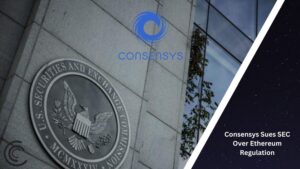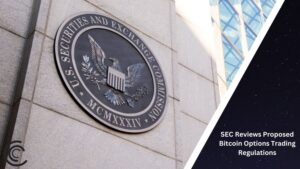Key Takeaways
- The Judges found that Google and YouTube, by providing verification badges to hijacked channels, materially contributed to the scams often promoted through hacked popular YouTube channels
- The Apple co-founder and 17 others sued YouTube and its parent company, Google, in 2020 over viral doctored videos promoting a fake scam
In a legal victory, Apple co-founder Steve Wozniak has emerged triumphant in his court battle against YouTube over manipulated videos depicting him in a Bitcoin scam dating back to 2020. The latest ruling, delivered by a San Jose appeals court, marks a significant departure from a prior decision that absolved YouTube of any responsibility in the matter.
Initiated in July 2020, the lawsuit leveled against YouTube accused the platform of neglecting to shield users from fraudulent Bitcoin giveaways that featured doctored images of Wozniak and other prominent figures. These scams, operating under the guise of legitimate channels, enticed viewers with promises of cryptocurrency windfalls in exchange for sending funds to specified addresses, ultimately leaving victims empty-handed.
Crucially, the appeals court judges underscored YouTube’s complicity in perpetuating these scams, highlighting the platform’s issuance of verification badges to compromised channels. By lending credibility to fraudulent videos, these badges inadvertently facilitated the success of the scams, thereby implicating YouTube in their propagation.
The manipulated videos in question strategically incorporated additional text and images, enticing viewers with the allure of free Bitcoin and urging them to partake in the scam by sending funds to designated addresses in anticipation of doubled returns.
Wozniak’s legal victory is hailed as a significant milestone in the ongoing battle against online fraud, challenging YouTube’s reliance on a controversial communications statute to absolve itself of liability for the unauthorized use of Wozniak’s likeness.
This verdict, which overturns a previous ruling from 2022 that shielded companies like YouTube from liability under Section 230 of the Communications Decency Act, carries far-reaching implications for the regulation of online platforms and their responsibility in curbing fraudulent activities. Section 230 permits social platforms to moderate content by removing posts that are obscene or violate their own standards, as long as they do so in “good faith.”











